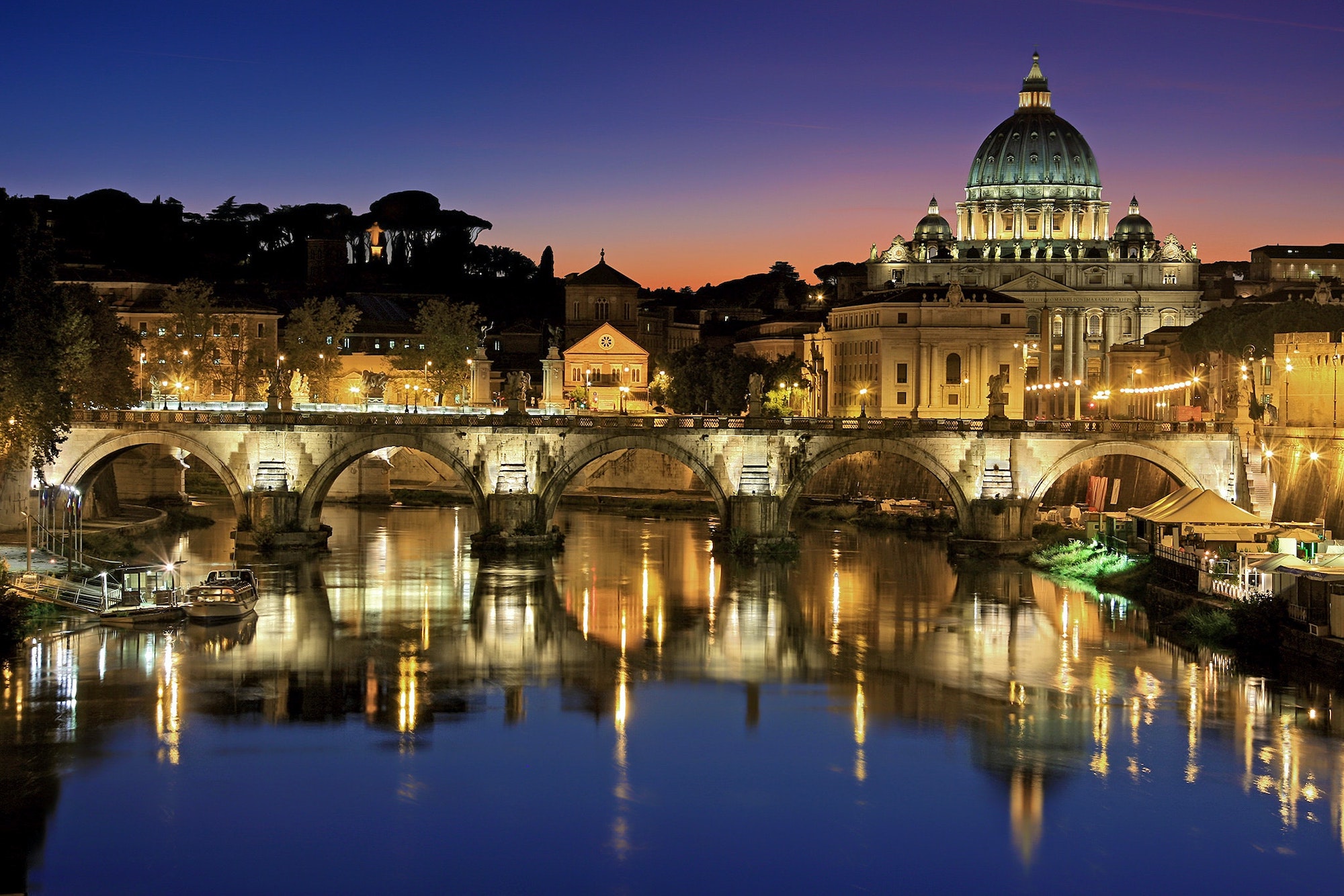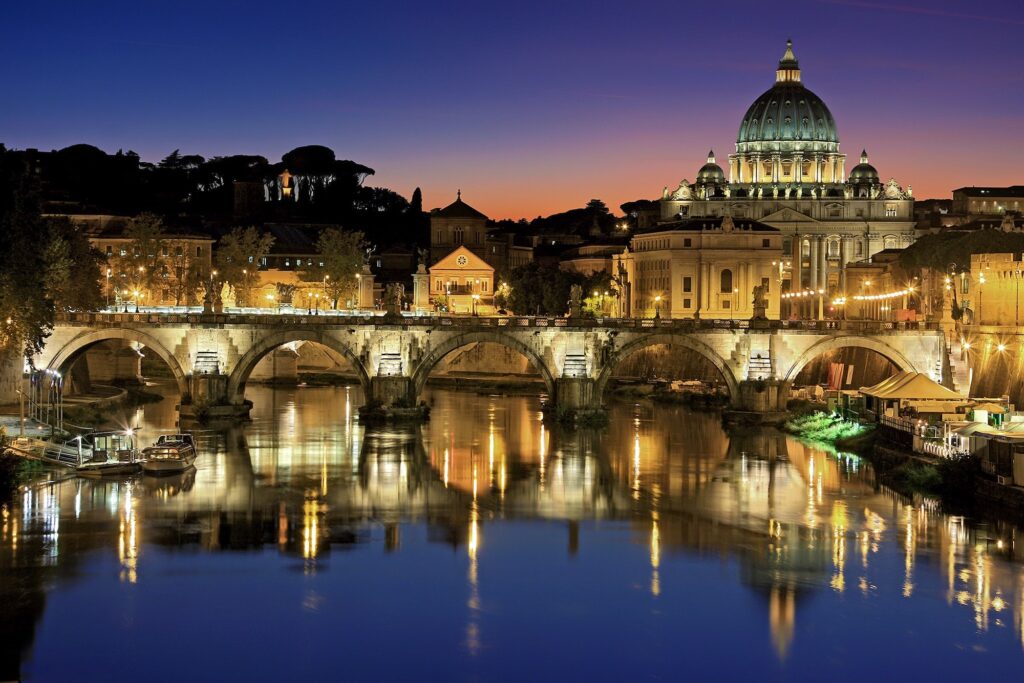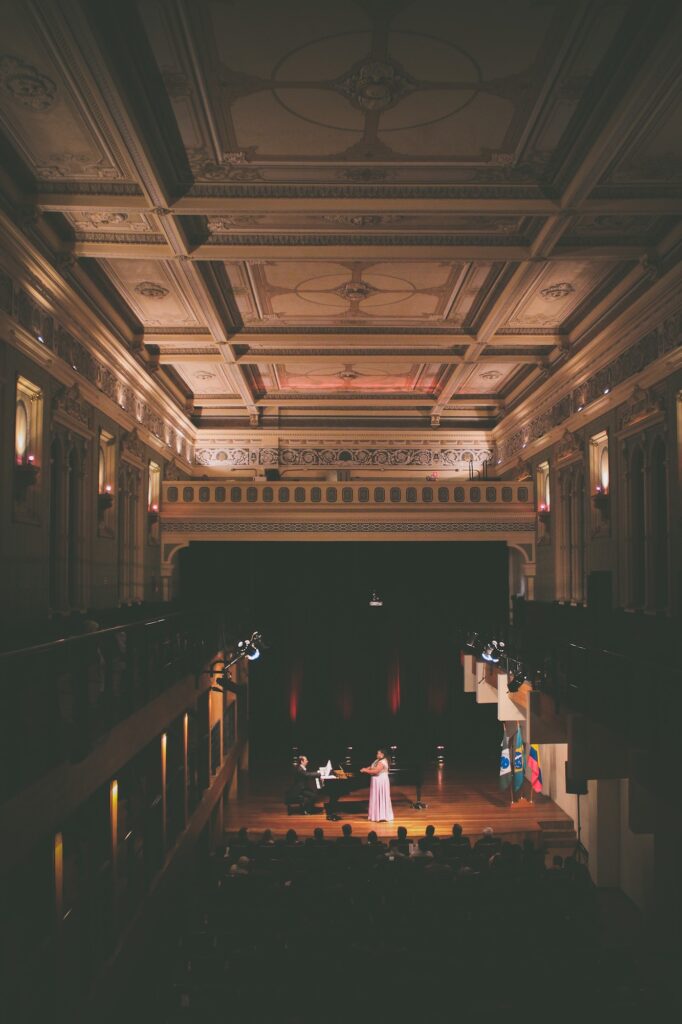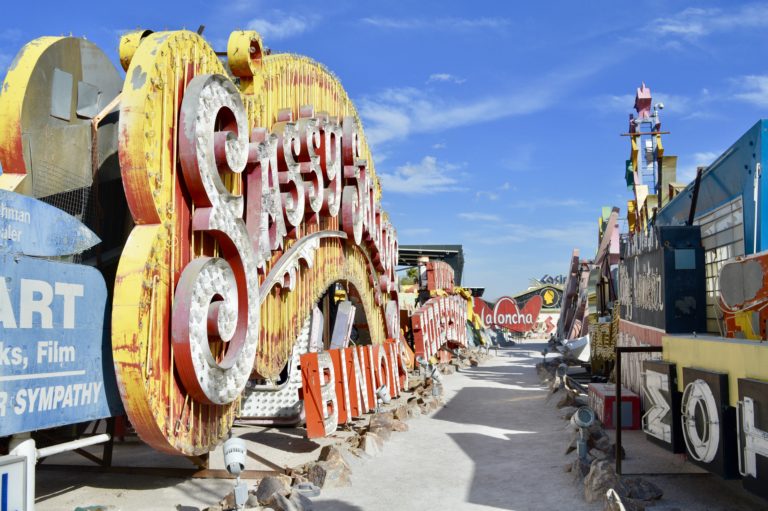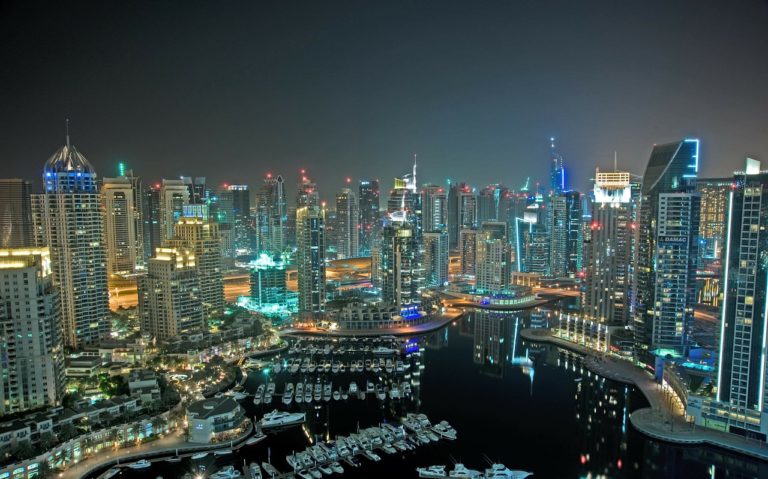4 Tips You Need to Know about the Opera in Rome
The Italian capital is one of the most historic and romantic places on Earth. Roman ruins, opera and intimate venues that are full of Italian passion make the Eternal City one of the most wonderful places to visit in Europe. It is also the home of the opera and many of the world’s oldest and most incredible Rome opera houses are waiting to be discovered. If you’re planning a trip to Rome and want to take in a bit of culture, here’s a brief Italy travel guide to the opera.
4 Tips You Need to Know about the Opera in Rome
What Exactly Is Opera?
Opera is the art of telling a story through music and singing but is performed in a highly unique fashion. The entire performance, both the opera singers and the accompanying orchestra, is completely live, with the performers relying on the power of their voices and acoustics, as opposed to microphones, to amplify the sound throughout the theatre.
Similar to a play, opera uses props, costumes and scenery to tell the story and is generally considered to be a complete art form as it combines music, words, art drama and usually dance. It is thought that music as an art form can better communicate reactions and emotions in a greater way than words and images.
Why Is Opera Sung in Italian?
It is generally accepted that the Italian city of Florence was the birthplace of opera and Italian quickly became the language of choice for composers. Even some of the most famous composers, such as Austrian-born Mozart and the British-German composer Handel, wrote their operas in Italian. In addition, much of the classical music of the time used Italian terms, such as ‘allegro,’ ‘adagio’ and ‘crescendo’ to represent fast pace, slow speed and gradual increase of sound.
Another reason is because of the way Italian sounds. The language contains no oxytones, a word that places emphasis on the last syllable, which the Italian language doesn’t use. And, although Italian contains five vowels, there are seven vowel sounds, which makes for a great combination to bring a smooth and melodic sound to the music, a perfect partnership for singing.
What Are The Different Singing Voices?
Classical singers fall into different categories depending on the style of their voice and generally are unable to change it as it is something they are born with. When assigning a voice type to a character in an opera, the composer will usually take the singer’s personality and age into consideration. The different styles are:
- Soprano: The highest female voice and usually plays the part of a young girl or heroine of the story. Most women are sopranos.
- Mezzo-Soprano: The female middle voice, this is usually darker and considered warmer than the soprano. A composer may use a mezzo-soprano to depict older women or the villain of the story.
- Contralto: The lowest female voice and often used to play the parts of older females or special characters such as witches. Contralto singers are very rare.
- Countertenor: This is the highest male voice and is similar to the mezzo-soprano tone. Like the contralto, countertenors are also rare.
- Tenor: The Tenor is usually the highest male voice in an opera and traditionally plays the hero or love interest.
- Baritone: The middle male voice and is associated with the villain in a serious opera. If used in a comedic opera, a baritone is used as a ringleader.
- Bass: The lowest male voice, bass singers are considered for parts that involve age or wisdom. In comedy opera, they are generally used for old characters who are foolish or laughable.
Why Visit The Opera?
The Italians are known for their passion and the opera represents an important part of Italian culture. There are many theatres to visit in the Eternal City, many with a remarkable history with some that stretch back to the 16th century. One of the most impressive venues is the stunning Teatro dell’Opera di Roma. Completed in 1880, the theatre is composed of both indoor and outdoor performances, with the latter hosting regular summer concerts. Amidst the spectacular backdrop of the Baths of Caracalla, the Roman ruins create a dramatic setting for you to enjoy a concert beneath the stars.

